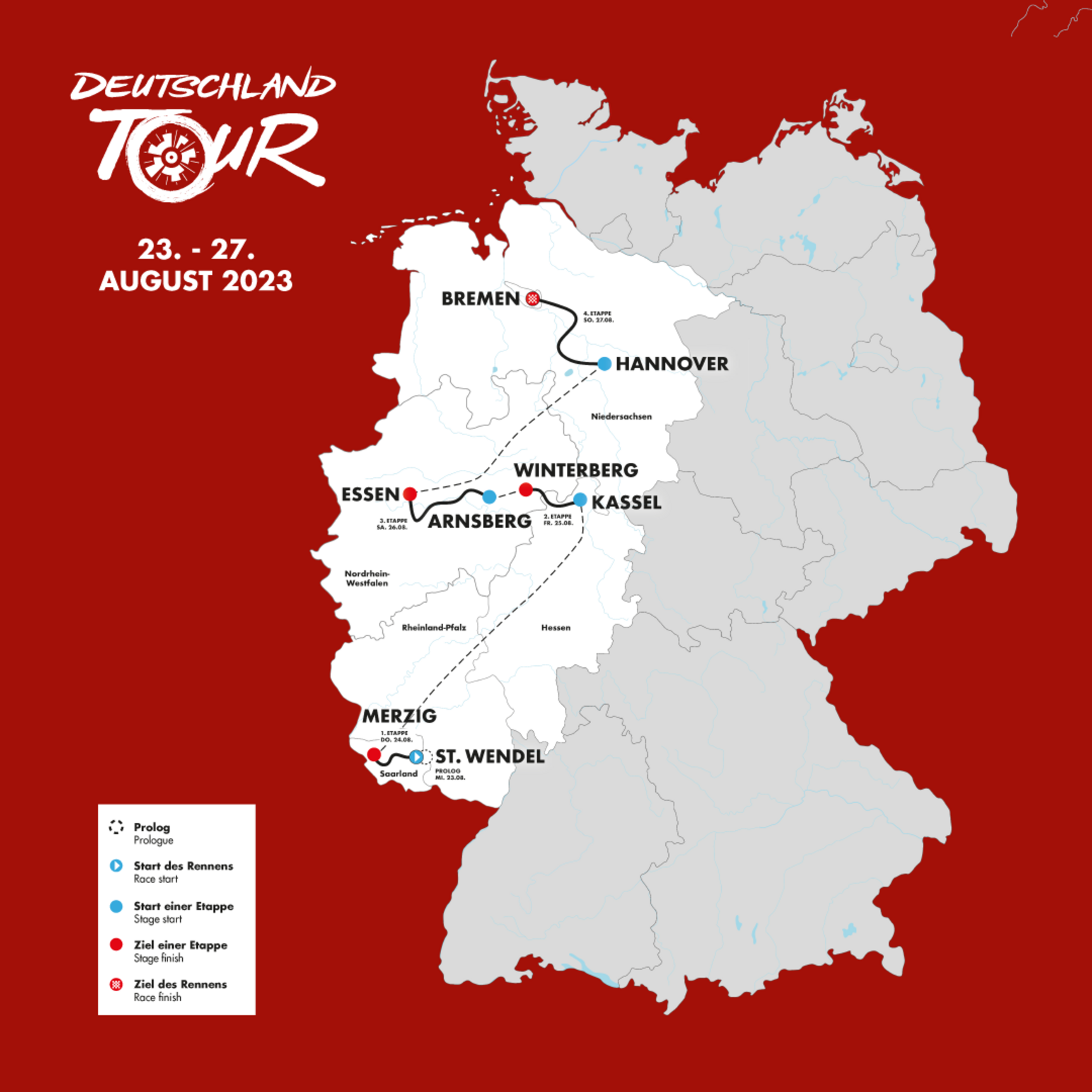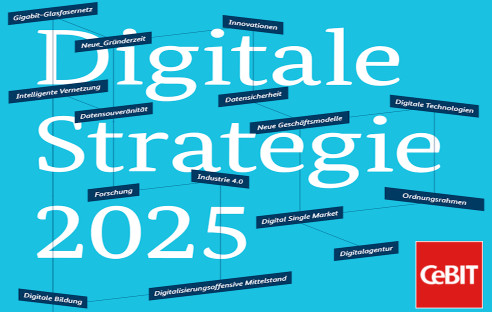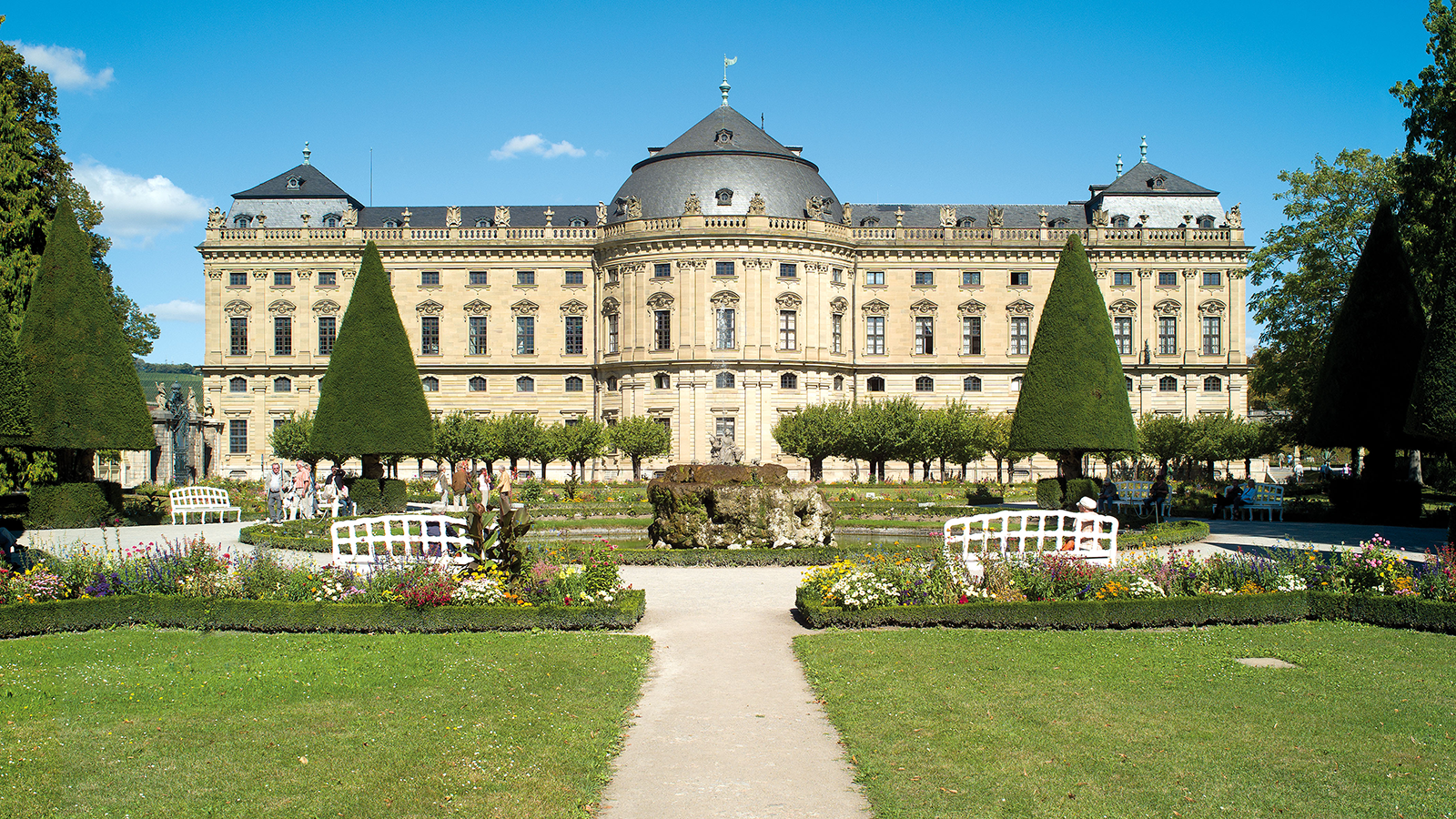Germany In 2025: A Journey Through History, Culture, And Innovation
Germany in 2025: A Journey Through History, Culture, and Innovation
Related Articles: Germany in 2025: A Journey Through History, Culture, and Innovation
Introduction
In this auspicious occasion, we are delighted to delve into the intriguing topic related to Germany in 2025: A Journey Through History, Culture, and Innovation. Let’s weave interesting information and offer fresh perspectives to the readers.
Table of Content
Germany in 2025: A Journey Through History, Culture, and Innovation

Germany, a land of rich history, vibrant culture, and technological advancement, beckons travelers with a diverse range of experiences. From the medieval castles of Bavaria to the modern metropolis of Berlin, from the picturesque Black Forest to the rugged North Sea coast, Germany offers a captivating tapestry of landscapes, traditions, and attractions.
Exploring Germany’s Diverse Landscape
Germany’s geographical diversity is a key draw for travelers. The country boasts a variety of landscapes, each offering unique opportunities for exploration.
-
Bavaria: This southern region, known for its stunning alpine scenery, offers opportunities for hiking, skiing, and mountain biking. Its charming towns, like Füssen, nestled at the foot of the Alps, and the vibrant city of Munich, home to the world-renowned Oktoberfest, are cultural gems.
-
The Black Forest: This forested region, famed for its picturesque villages, rolling hills, and cuckoo clocks, invites leisurely strolls through ancient forests and visits to charming towns like Triberg, known for its cascading waterfalls.
-
Berlin: Germany’s capital, a city of history and culture, is a dynamic hub of art, music, and nightlife. Explore iconic landmarks like the Brandenburg Gate, the Reichstag Building, and the Berlin Wall Memorial, delve into the city’s fascinating past, and experience its vibrant contemporary art scene.
-
The North Sea Coast: This rugged coastline, characterized by windswept beaches, quaint seaside towns, and picturesque islands, offers opportunities for windsurfing, sailing, and birdwatching.
A Tapestry of History and Culture
Germany’s history is deeply intertwined with its culture, offering a wealth of historical sites and cultural experiences.
-
Medieval Castles: Explore the majestic castles that dot the German landscape, remnants of a bygone era. From Neuschwanstein Castle, the inspiration for Disney’s Sleeping Beauty, to Heidelberg Castle, perched above the Neckar River, these architectural marvels offer a glimpse into Germany’s medieval past.
-
Museums and Art Galleries: Germany is home to world-class museums and art galleries, showcasing a diverse range of artistic expressions. The Pergamon Museum in Berlin houses ancient artifacts, while the Alte Pinakothek in Munich displays masterpieces of European painting.
-
Opera and Theater: Germany boasts a rich tradition of opera and theater. Attend performances at renowned venues like the Bayreuth Festspielhaus, dedicated to Wagner’s operas, or the Staatsoper Unter den Linden in Berlin, known for its exceptional productions.
-
Festivals and Events: Germany is a land of festivals, celebrating everything from beer and music to history and art. The Oktoberfest in Munich is a global phenomenon, while the Christmas markets throughout the country offer a festive atmosphere and traditional crafts.
Innovation and Modernity
Beyond its historical and cultural attractions, Germany is a leader in innovation and technology.
-
Automotive Industry: Germany is renowned for its automotive industry, with iconic brands like BMW, Mercedes-Benz, and Audi. Visit car museums, experience test drives, and explore the cutting-edge technology that drives the German automotive industry.
-
Science and Technology: Germany is a hub of scientific and technological advancement. Explore research centers, visit science museums, and witness the latest innovations in fields like renewable energy, robotics, and artificial intelligence.
-
Sustainable Living: Germany is a pioneer in sustainable living, with a focus on renewable energy, green transportation, and eco-friendly practices. Explore the country’s commitment to sustainability through visits to wind farms, solar power plants, and eco-friendly initiatives.
Navigating Germany: A Practical Guide
Transportation: Germany boasts an excellent transportation network. The German railway system, Deutsche Bahn, is efficient and reliable, connecting major cities and towns. For shorter distances, consider taking a bus or renting a car.
Accommodation: Germany offers a wide range of accommodation options, from budget-friendly hostels to luxurious hotels. Choose the option that best suits your needs and budget.
Food and Drink: German cuisine is hearty and satisfying, with regional variations. Enjoy traditional dishes like schnitzel, sauerbraten, and pretzels, and savor the country’s famous beers.
Language: While English is widely spoken in tourist areas, learning a few basic German phrases can enhance your experience.
Currency: The euro (€) is the official currency of Germany.
Visa Requirements: Visitors from most countries can enter Germany without a visa for short stays. However, it is essential to check visa requirements based on your nationality.
Safety: Germany is generally a safe country to travel in, but it’s always advisable to be aware of your surroundings and take precautions against petty theft.
FAQs:
Q: What is the best time to visit Germany?
A: The best time to visit Germany depends on your interests. Spring and autumn offer pleasant weather for outdoor activities, while summer is ideal for festivals and outdoor events. Winter brings Christmas markets and opportunities for skiing and snowboarding.
Q: How much does a trip to Germany cost?
A: The cost of a trip to Germany can vary depending on your travel style, accommodation choices, and activities. Budgeting for accommodation, transportation, food, and activities is recommended.
Q: What are some must-see attractions in Germany?
A: Must-see attractions in Germany include the Brandenburg Gate in Berlin, Neuschwanstein Castle in Bavaria, the Cologne Cathedral, the Black Forest, and the Heidelberg Castle.
Q: Is it safe to travel in Germany?
A: Germany is generally a safe country to travel in. However, it’s always advisable to be aware of your surroundings and take precautions against petty theft.
Q: What is the best way to get around Germany?
A: Germany has an excellent transportation network. The German railway system is efficient and reliable. For shorter distances, consider taking a bus or renting a car.
Tips for Planning Your Trip:
- Book flights and accommodation in advance, especially during peak season.
- Consider purchasing a German Rail Pass for efficient and cost-effective travel.
- Pack comfortable shoes for walking, as many attractions require walking.
- Learn a few basic German phrases to enhance your interactions with locals.
- Take advantage of free walking tours to explore cities and learn about their history.
- Try local specialties and enjoy the diverse culinary scene.
- Respect local customs and traditions.
Conclusion:
Germany offers an unparalleled travel experience, blending history, culture, and innovation. From its picturesque landscapes and charming towns to its vibrant cities and technological advancements, Germany caters to a wide range of interests. With careful planning and an open mind, a journey through Germany promises to be a memorable and enriching experience.







Closure
Thus, we hope this article has provided valuable insights into Germany in 2025: A Journey Through History, Culture, and Innovation. We thank you for taking the time to read this article. See you in our next article!
